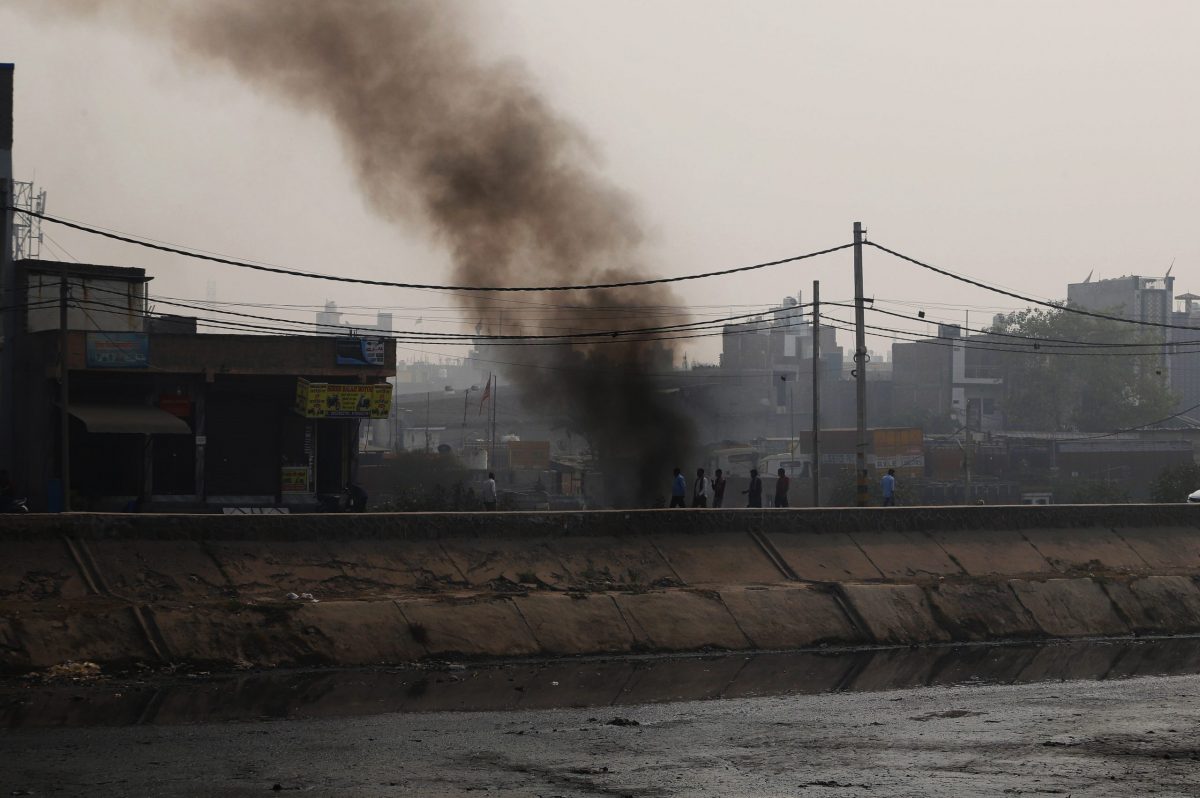The Delhi Pollution Control Committee (DPCC) has imposed a comprehensive ban on the use of firecrackers, including the use of “green crackers,” until January 1, 2024. This ban has been introduced more than a month ahead of the Diwali festival, which is scheduled to occur on November 12, 2023. To ensure strict enforcement of the ban, 285 teams have been formed, with the purpose of addressing Delhi’s deteriorating air quality crisis.
While advocating for a ban on firecrackers is a well-intentioned move to safeguard our environment, we must recognise the need for a fair and consistent approach to combat pollution. It is unfavourable that firecrackers used during Diwali contribute to air and noise pollution, causing a genuine threat to public health and the environment. The argument for a firecracker ban holds water, as it aims to create a greener and more sustainable Diwali celebration, based on global environmental concerns.
However, what is causing concern is the glaring double standard when it comes to addressing other significant sources of pollution in India. Diesel engines, particularly those in vehicles and generators, produce harmful pollutants that have serious health implications. Yet, these engines continue to operate without strict regulations or restrictions, despite the detrimental impact on air quality. This raises questions about the fairness of removing firecrackers while ignoring other major pollution sources.
ALSO READ: Islamophobia is a term coined to shut down criticism
Similarly, noise pollution from amplified mosque azaan frequently disturbs residential areas, yet it receives less attention than firecracker noise. The amplified call to prayer is an integral part of religious practice, but it should not be subject to scrutiny when considering noise pollution. Stubble burning, a practice by farmers after harvest, contributes to air pollution, with harmful pollutants released into the atmosphere. Despite its impact on both health and the environment, stubble burning remains widespread without significant consequences.
While environmental conservation is a critical and urgent issue, it is important to consider the role of judicial activism in defining policies and regulations. In addition, an active judiciary can be a crucial element in ensuring accountability, ensuring accountability, and advocating for more stringent measures to combat pollution. However, excessive judicial activism can also lead to potential pitfalls, particularly in terms of fairness and balanced decision-making. The task of balancing environmental conservation and economic stability is a complex task, and excessive judicial activism might impede this balance.
Furthermore, judicial activism can sometimes bypass the democratic process and the power of the people as expressed by their elected representatives. While the judiciary can act as a check and balance on the government, overreaching decisions in environmental matters may not always align with the individual preferences of society.
The call to ban firecrackers during Diwali while exempting other sources of pollution is indicative of a complicated double standard in pollution control measures. Environmental issues should not be selective, but consistent and equitable. It is crucial to establish a balance between cultural traditions and environmental conservation.
We must address all sources of pollution with honesty and thoroughness. We urge authorities and policymakers to reevaluate their pollution control measures and ensure that all sources of pollution are addressed with the same level of scrutiny and accountability. It is only through fairness and consistency that we can achieve a harmonious balance between preserving our cultural traditions and preserving our environment.

